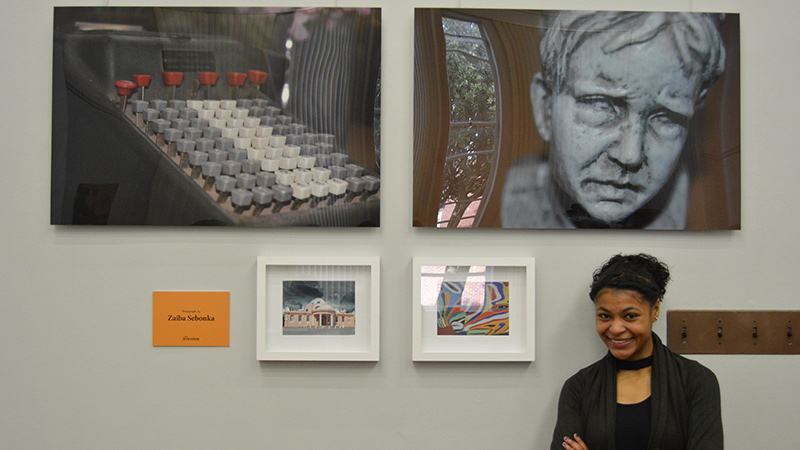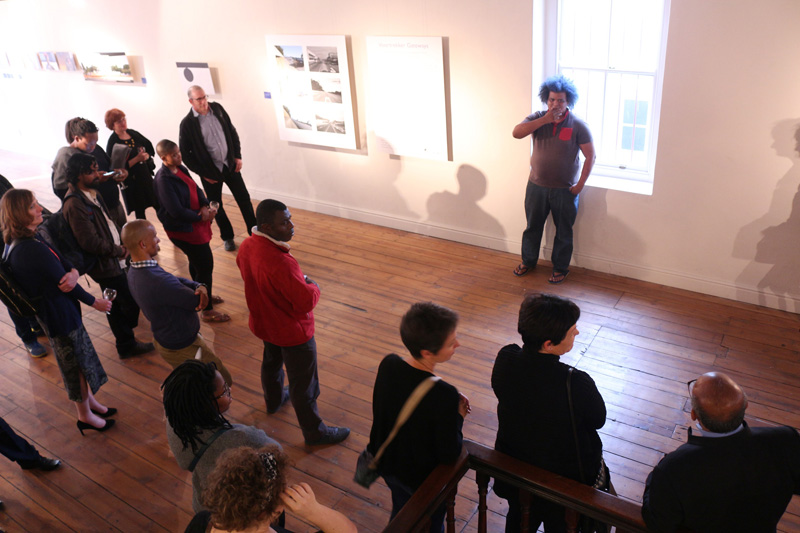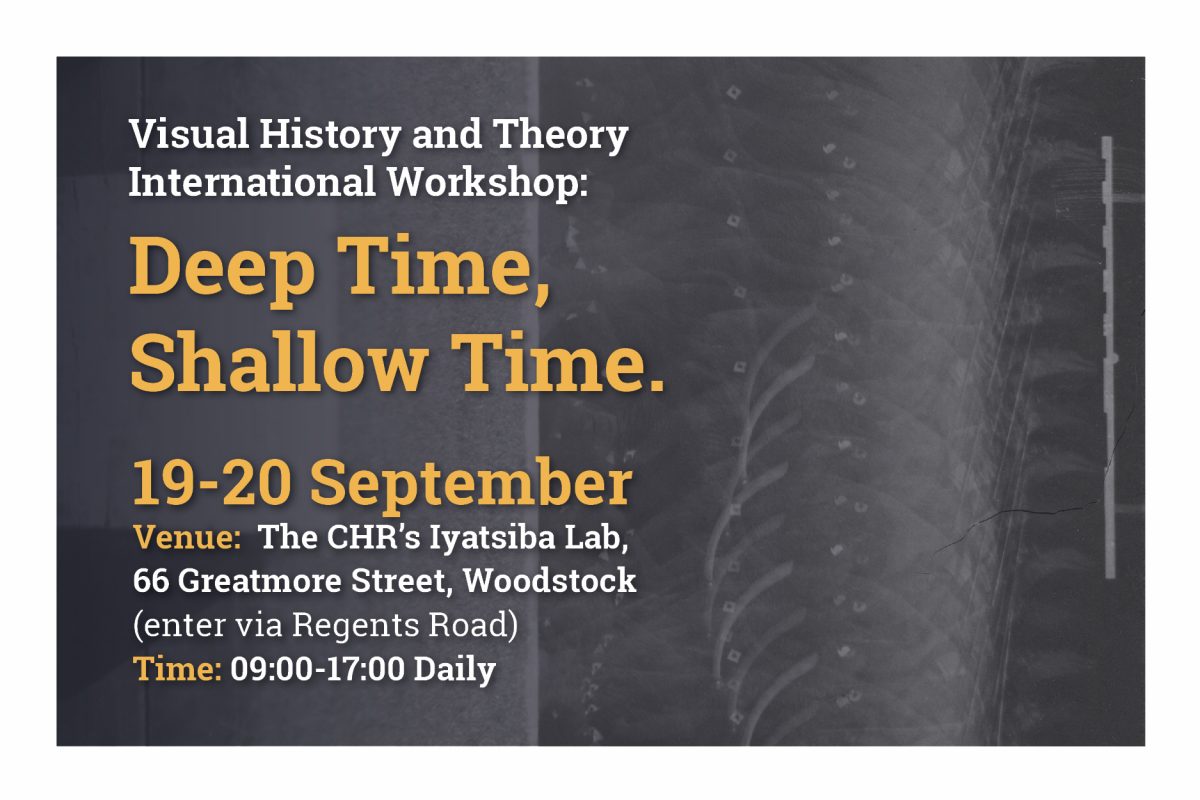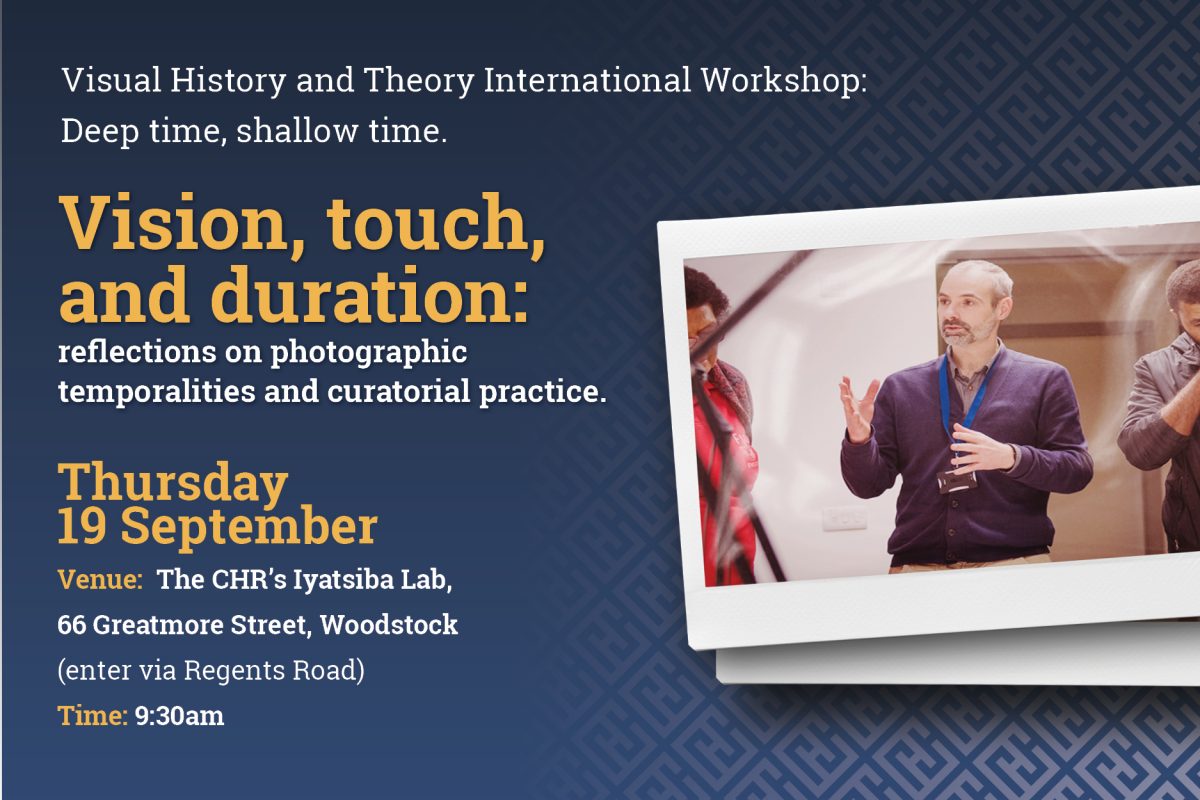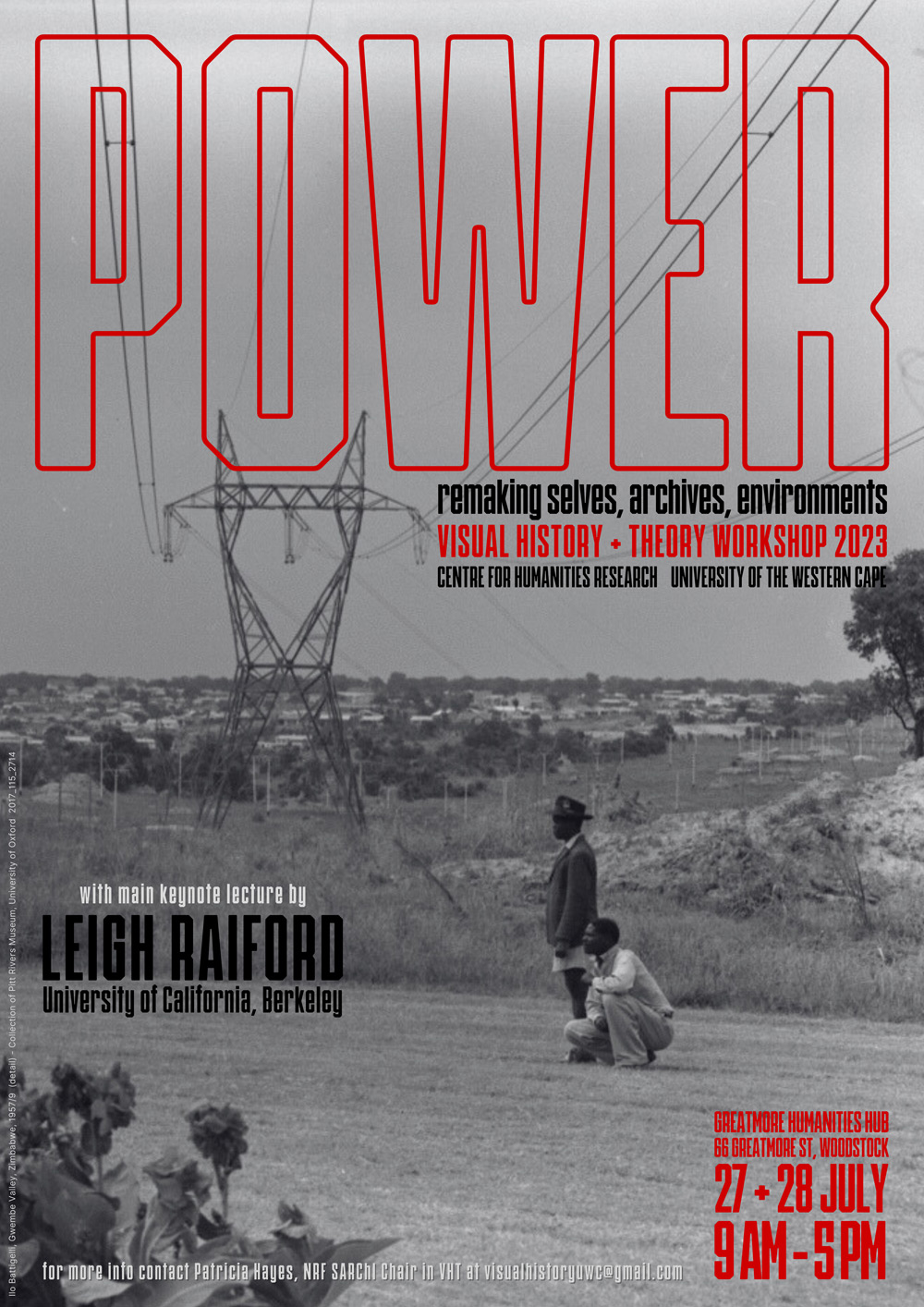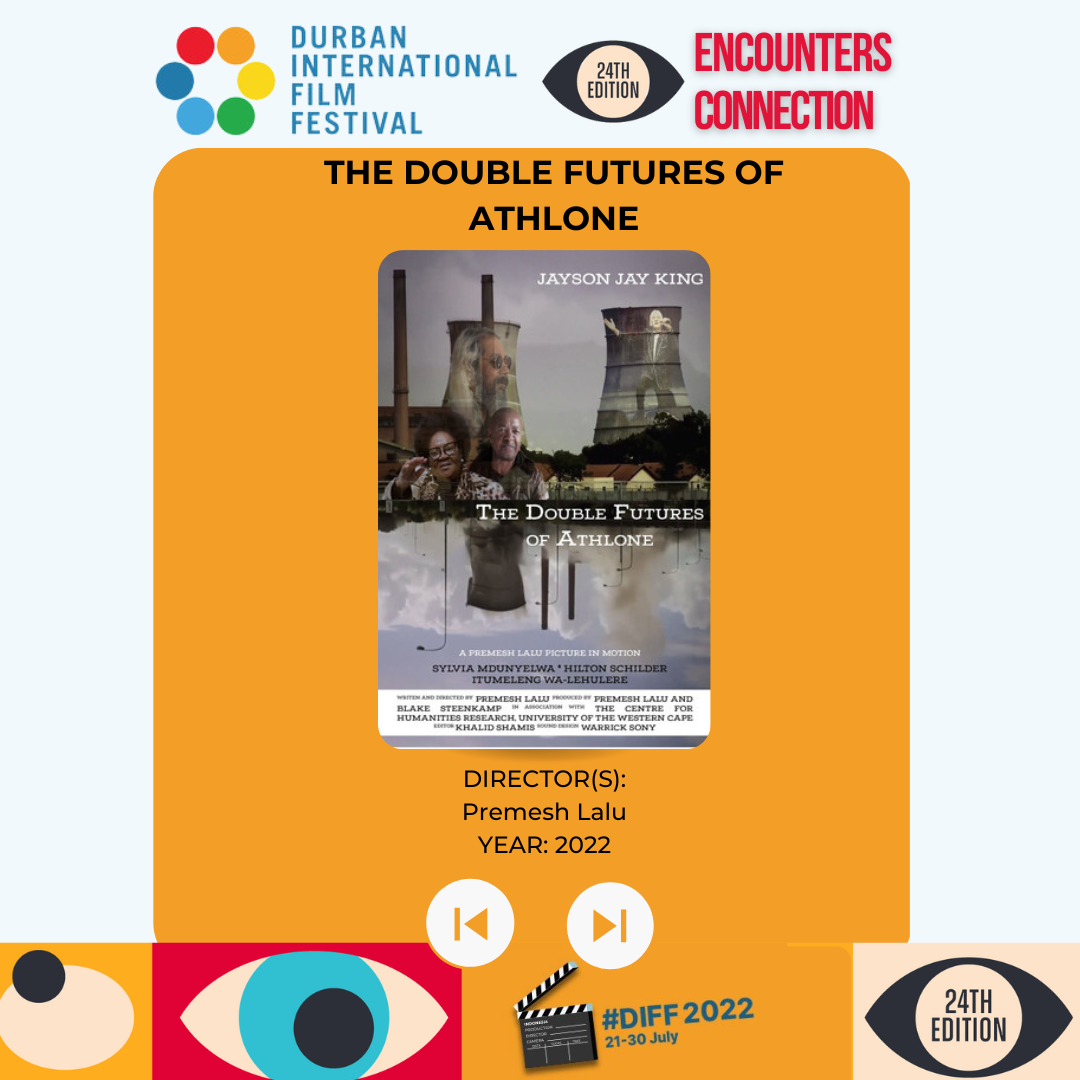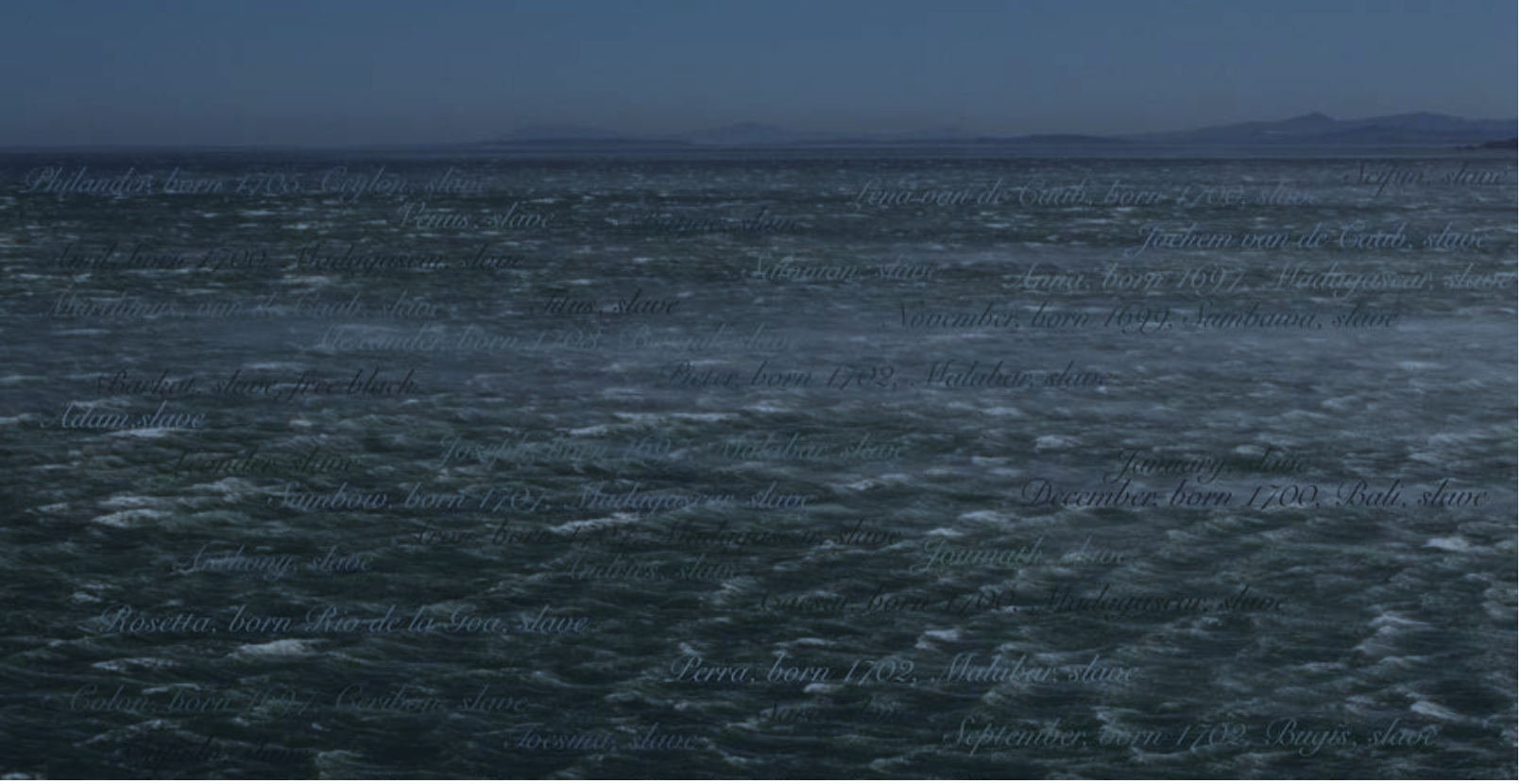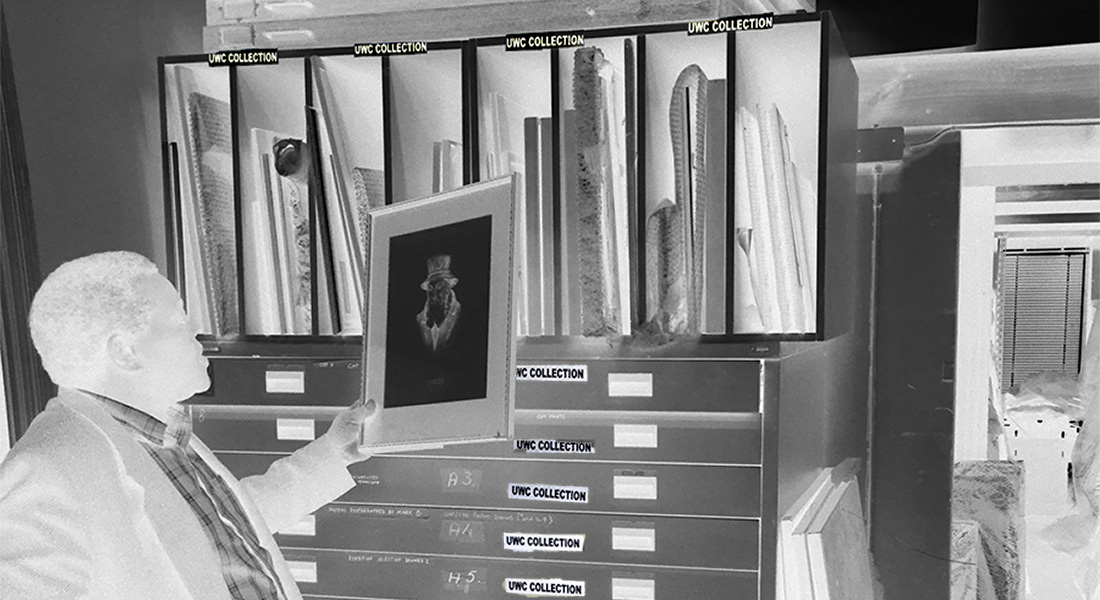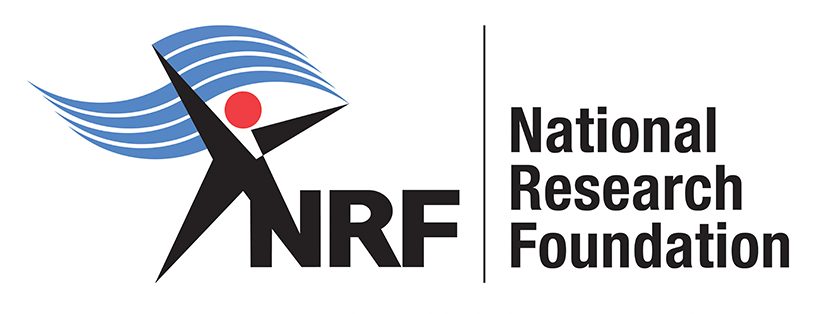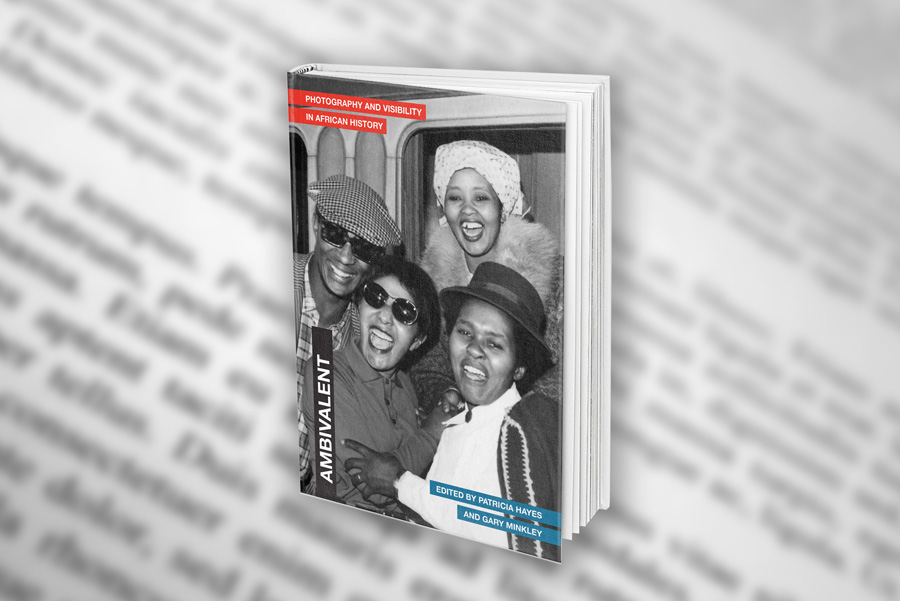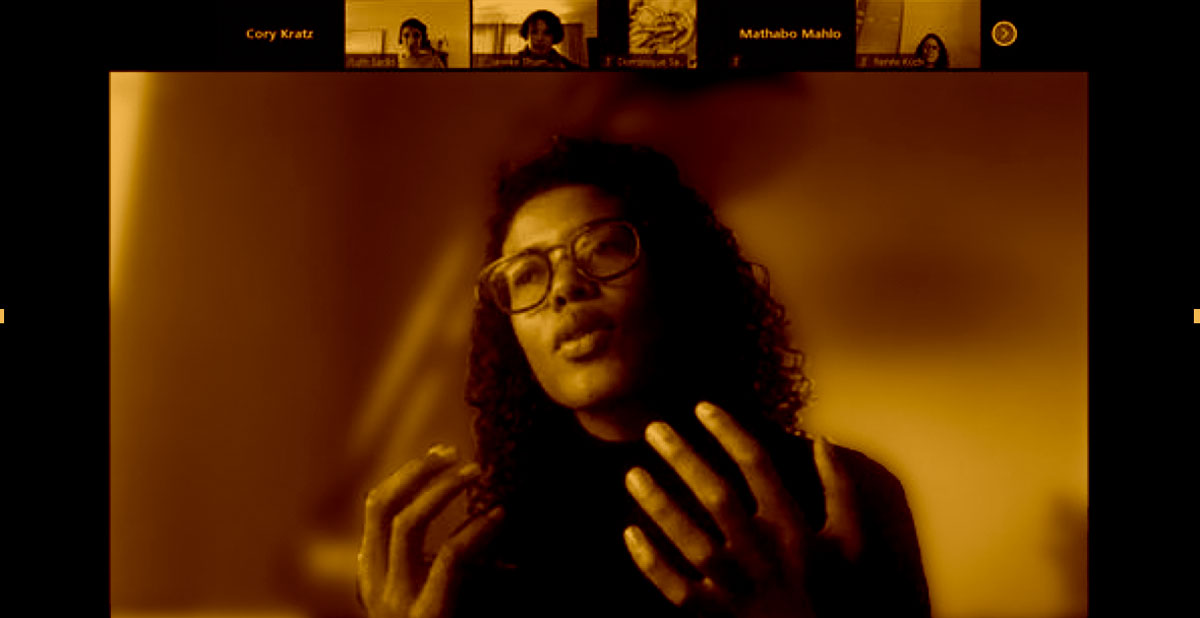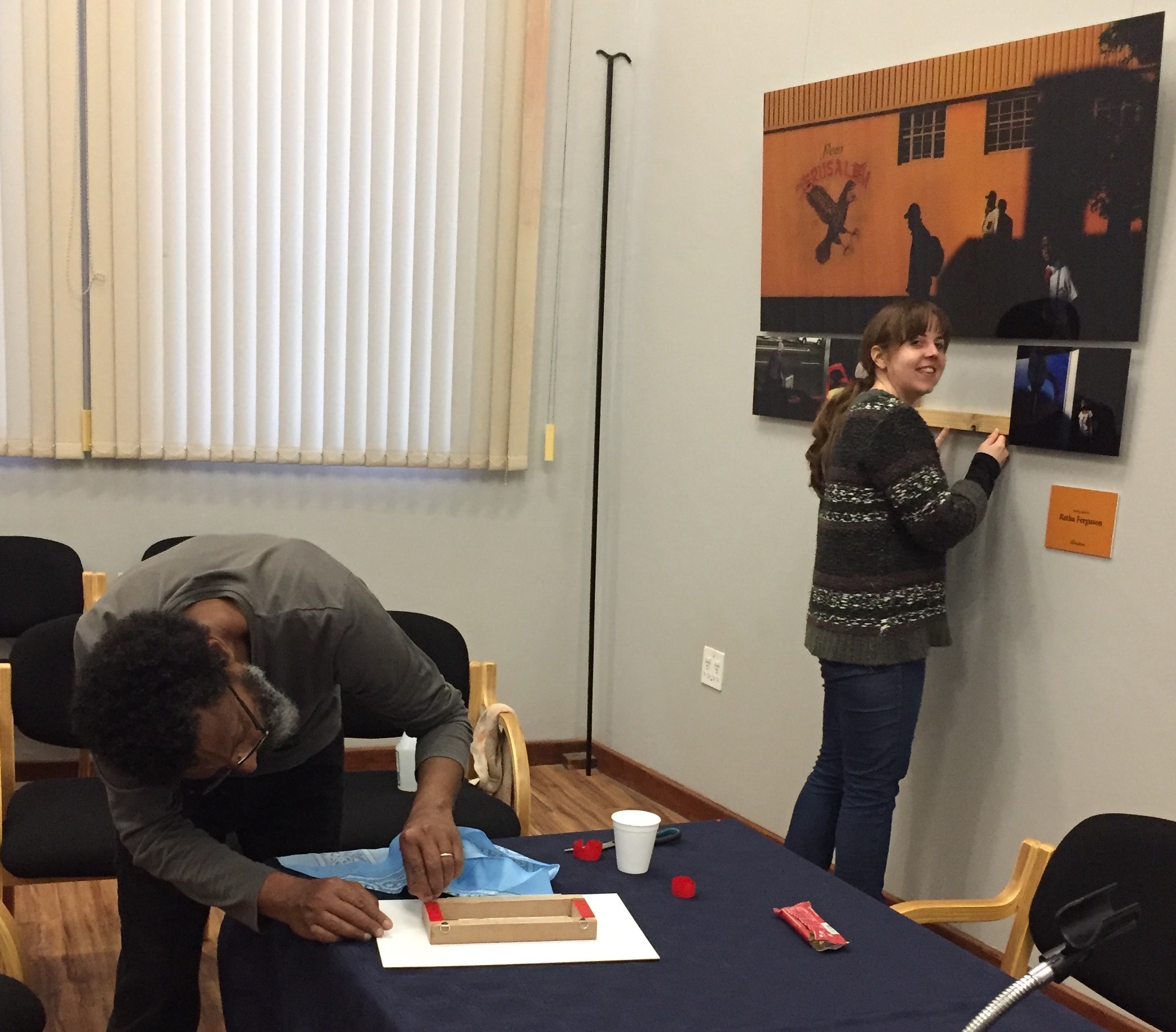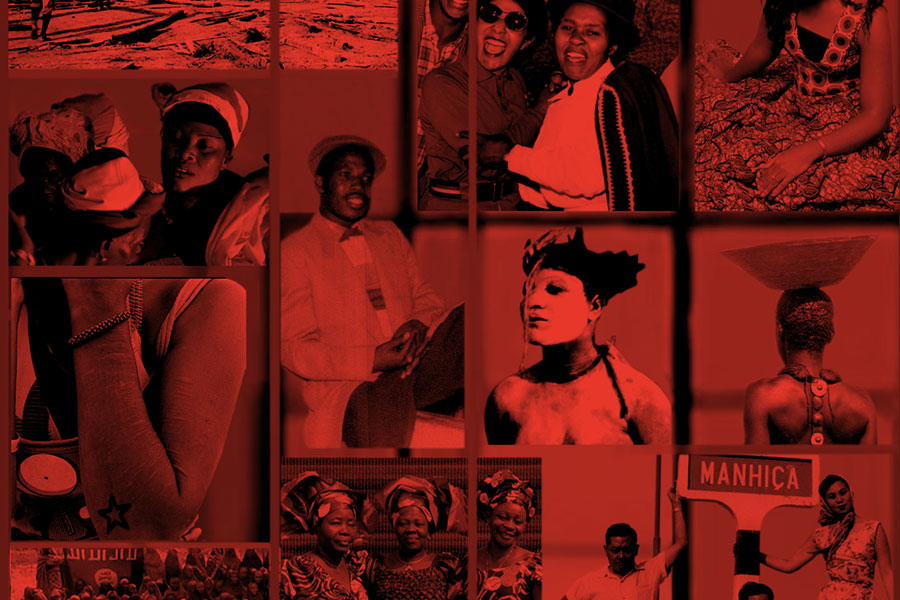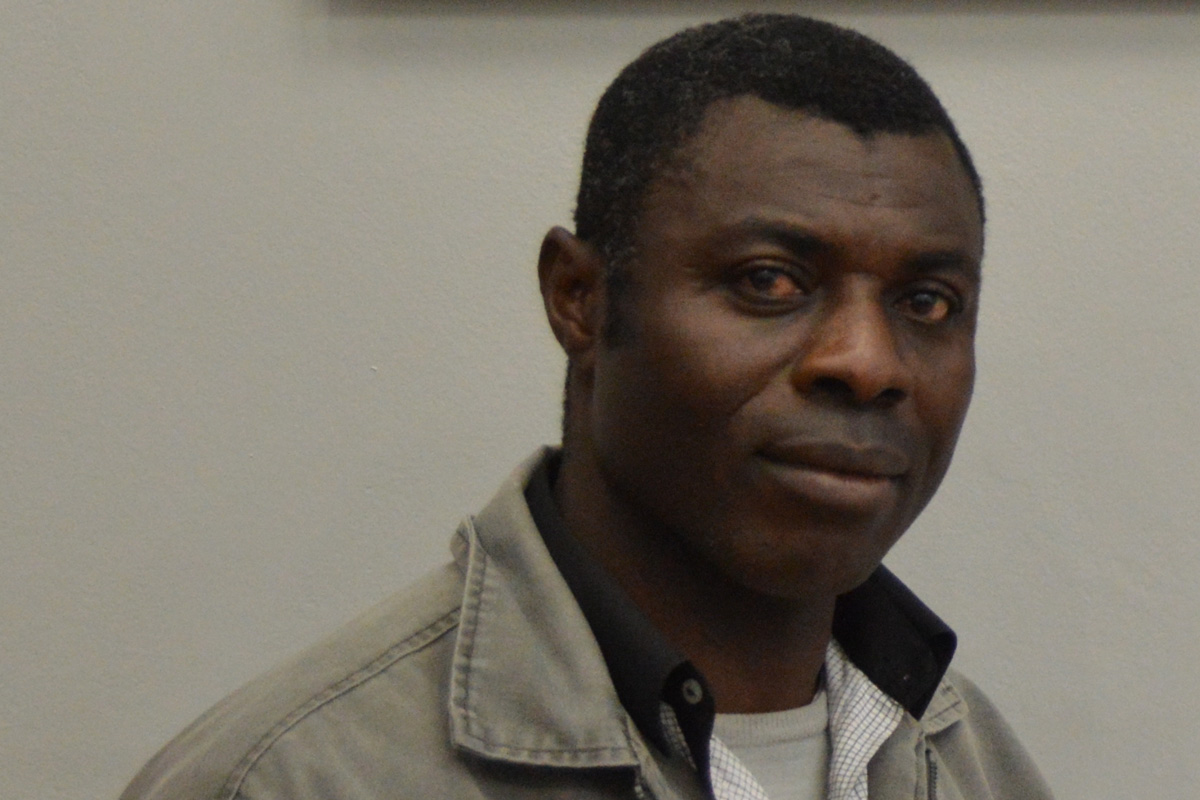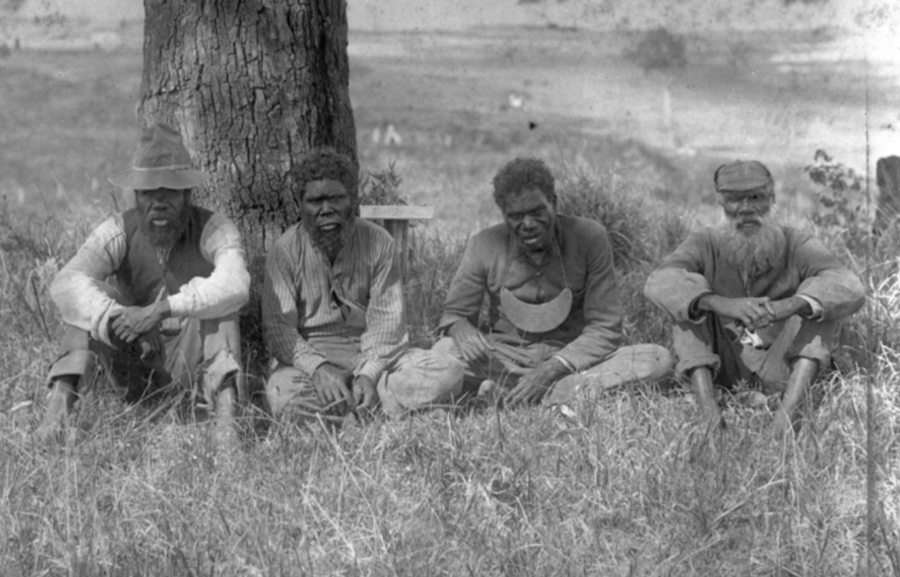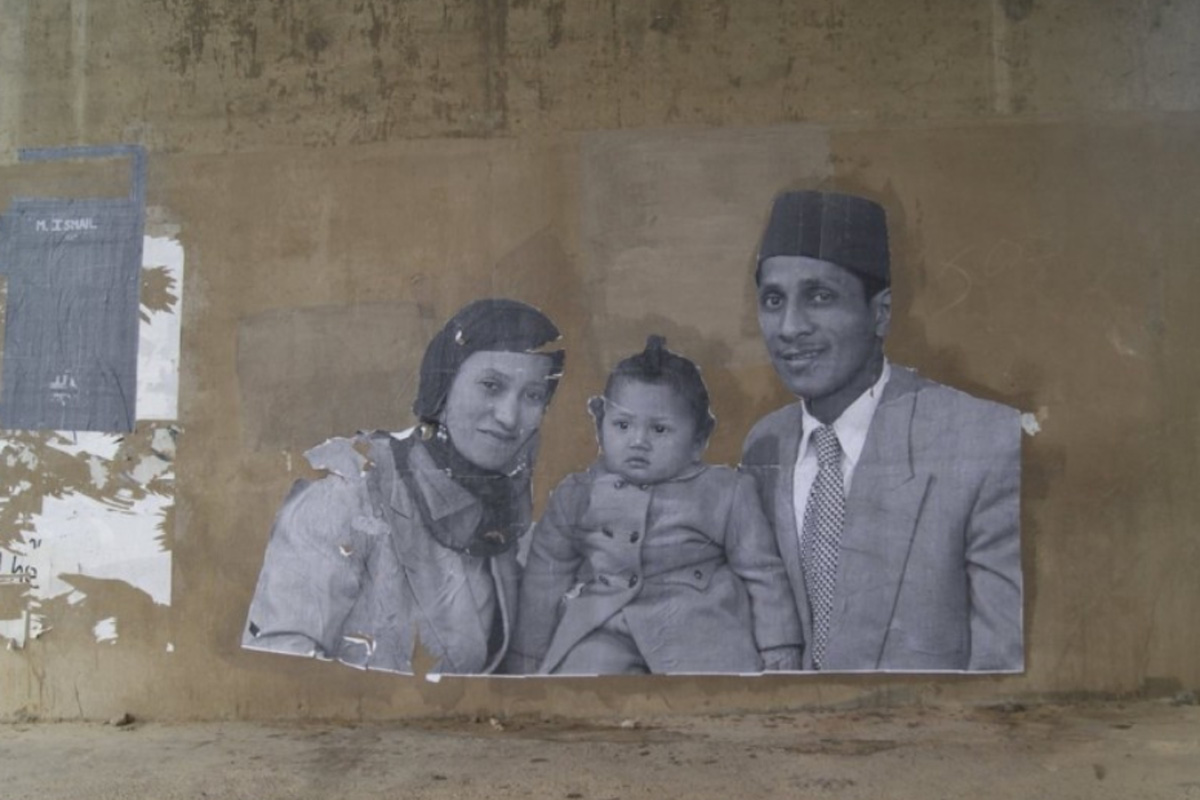What is Visual History & Theory?
Visual History & Theory is a research platform at the University of the Western Cape that promotes a critical engagement with the image in relation to other forms of knowledge production, creativity and contest in Africa and elsewhere. The ‘visual turn’ too often associates visual culture with the invention of technical media, which tends to put Africa at the limit of modernity. It has been our task to rethink hegemonic histories and theories of vision from this limit, opening the way to re-theorise the humanities more globally. Visual History therefore explores inter-disciplinary approaches to images as a way of rethinking history, society, and culture.
Graduates of the UWC Visual History programme are making a strong impact on the growing field of global photography studies, such as the 2019 edited volume Ambivalent. Photography and Visibility in African History (https://www.ohioswallow.com/book/Ambivalent). We continue to produce original work that:
- Brings to light the rich and vibrant photographic archives in Africa so as to examine historical and contemporary struggles occurring at the level of the visual
- Articulates new concepts and frameworks that rethink the dominant histories of vision from a strong research site in the south
- Develops new ways of writing about images
- Takes seriously the place of ‘the public’ in wider interdisciplinary debates, examining civil engagement through institutions (such as the museums and galleries) as well as practices around popular arts and media
- Examines the postcolonial African digital turn with its popular and dissident undertones (especially in social media) that express yet another ambivalent wave of the ‘democratization of the image’
- Challenges assumptions about the African continent as a site of raw archives and belated or derivative modernities.
Visual History and Theory considers multiple histories, sciences, and forms of knowledge over time in order to promote the type of critical skills needed to grasp the cultural and political magnitude of dramatically increasing media literacies that are already shaping our future.



